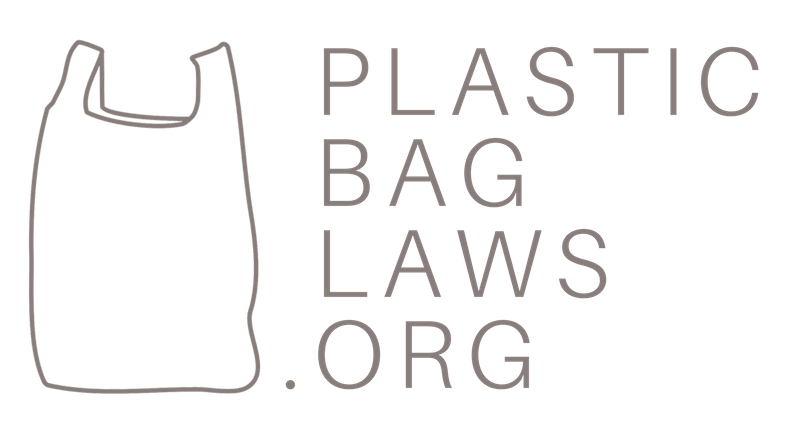City Council Member in Arizona Sues to Repeal State Law Prohibiting Municipalities From Regulating Plastic Bags
Tempe City Council Member Lauren Kuby filed a complaint in Arizona Superior Court in September seeking to overturn SB 1241, the statewide law that prohibits municipalities from regulating “auxiliary containers” including carryout bags. SB 1241 is titled “Relating to the Arizona health care cost containment system administration” but was amended to prohibit a municipality from requiring an owner of a business or commercial building to measure and report energy usage and also to prohibit a municipality from imposing a tax or fee on auxiliary containers. SB 1241 was approved by the Arizona House in April 2015 and at that time Council Member Kuby was participating in study sessions with stakeholders in Tempe and developed a proposed ordinance that would have prohibited retailers from providing single-use plastic bags and allowed for a minimum 10-cent charge for paper bags. Further discussion of Tempe’s proposed ordinance was sidelined by SB 1241’s prohibition.
SB 1241 was approved by the Arizona House in April 2015 and at that time Council Member Kuby was participating in study sessions with stakeholders in Tempe and developed a proposed ordinance that would have prohibited retailers from providing single-use plastic bags and allowed for a minimum 10-cent charge for paper bags. Further discussion of Tempe’s proposed ordinance was sidelined by SB 1241’s prohibition.
The lawsuit filed by Council Member Kuby contains three claims as to why SB 1241 should be overturned: violation of the Single-Subject and Home Rule provisions as well as the Title Requirement of the Arizona Constitution. The complaint asks for SB 1241 to be declared unconstitutional and overturned or at least to be void as to the auxiliary containers provision.
The purpose of the Single-Subject provision is to prevent surprise legislation unrelated to legislative goals in order to attract a majority to vote for the bill. The Title Requirement expressly requires that the subject of the bill be expressed in the title. Home Rule provisions give cities rights to legislate on local matters. Trash collection, waste management, and recycling have typically been under the purview of cities and the auxiliary containers provision relates to waste management. Thus, the complaint claims that the auxiliary container components of the law violates the Home Rule provision.
This case is important not only for its importance to the future of Tempe’s nascent bag ordinance and other bag ordinances in Arizona, it also is a test case for statewide preemption laws that are overbroad and overstep the traditional view of what is seen as under the purview of local governments.
